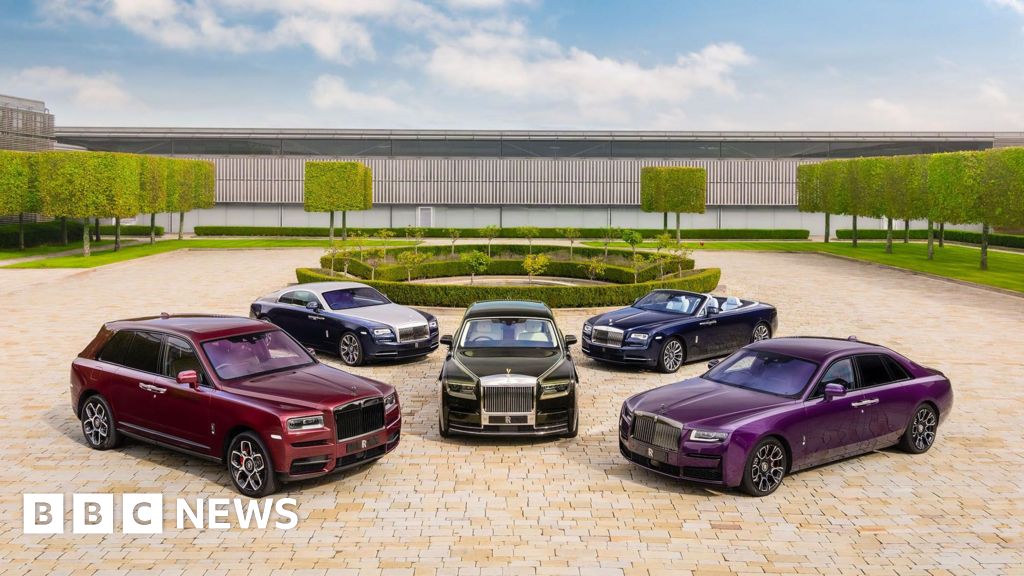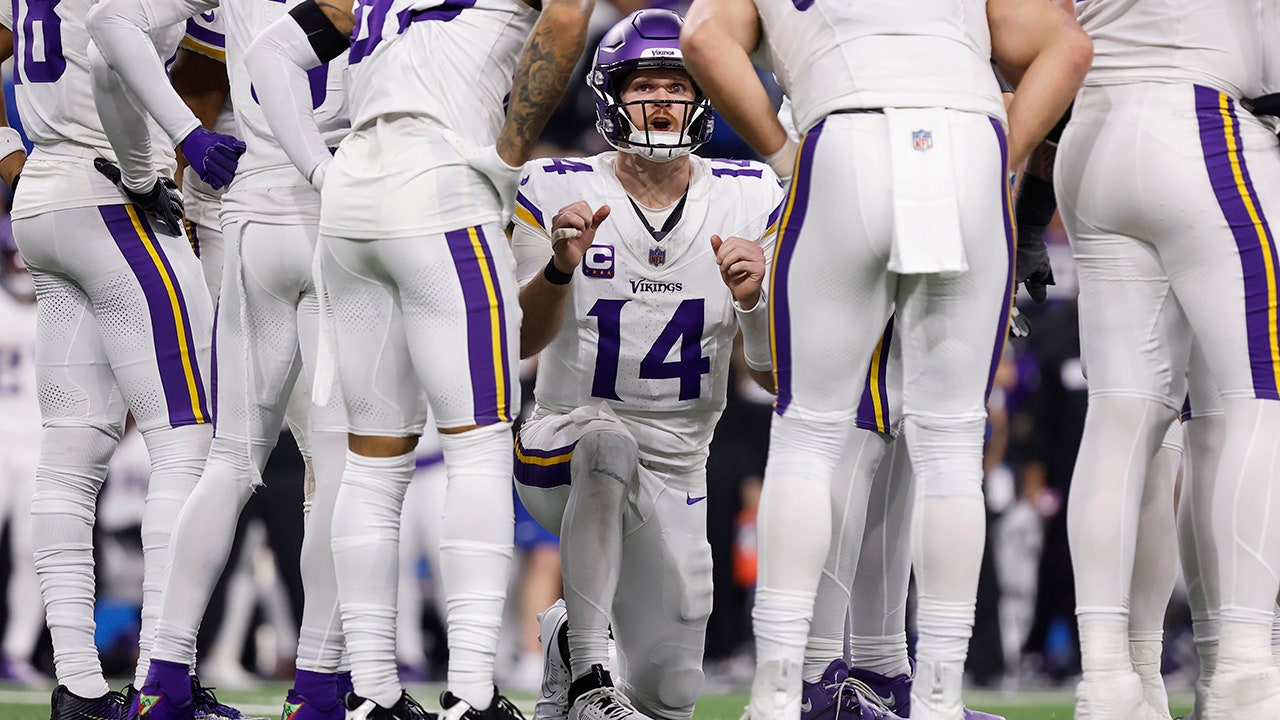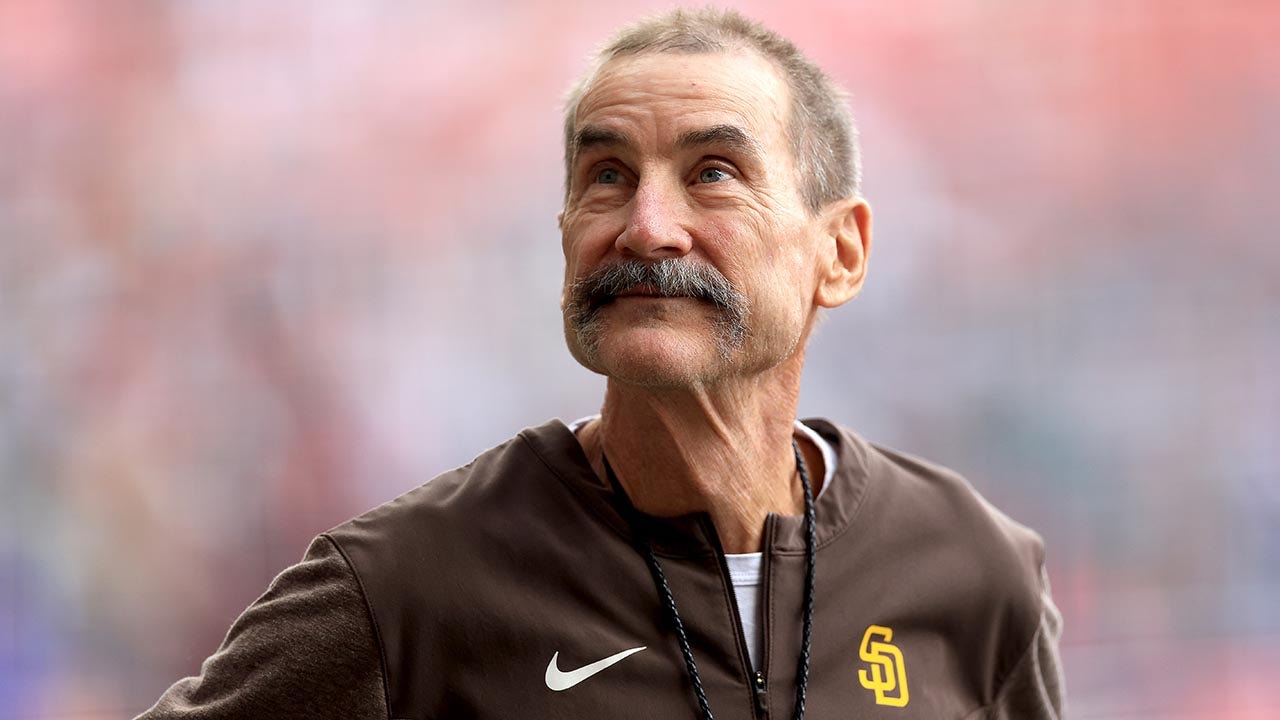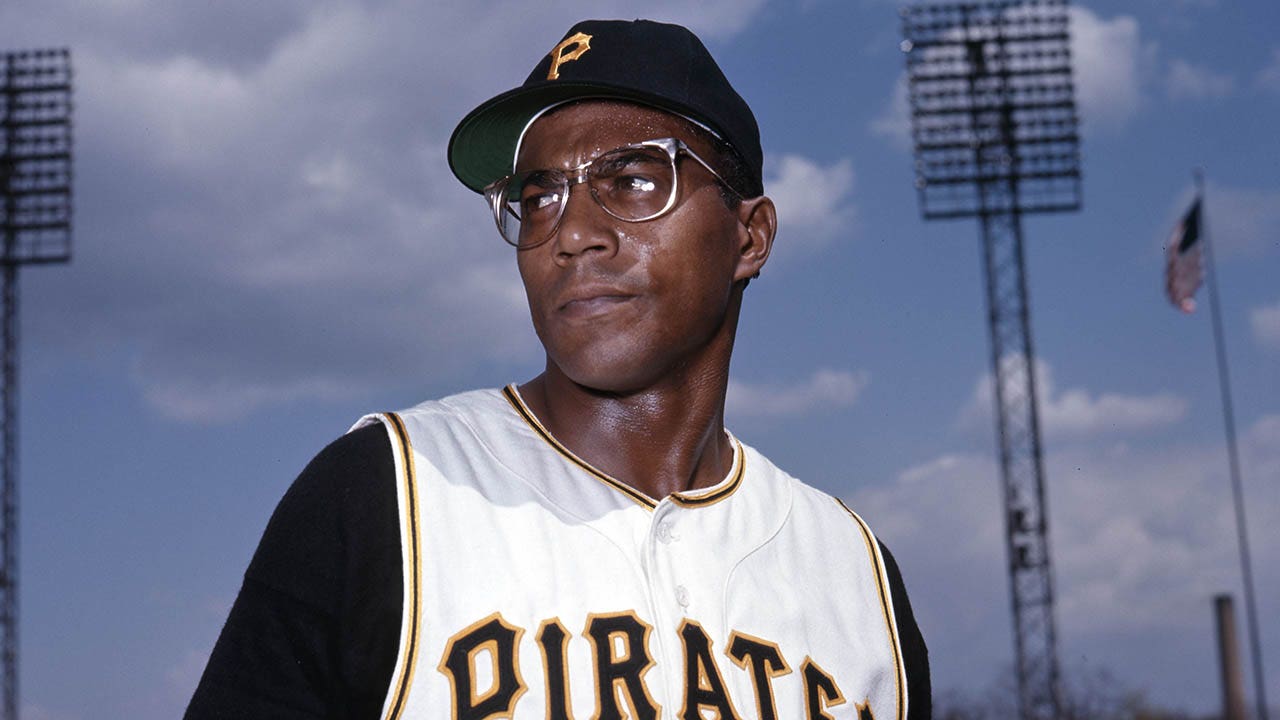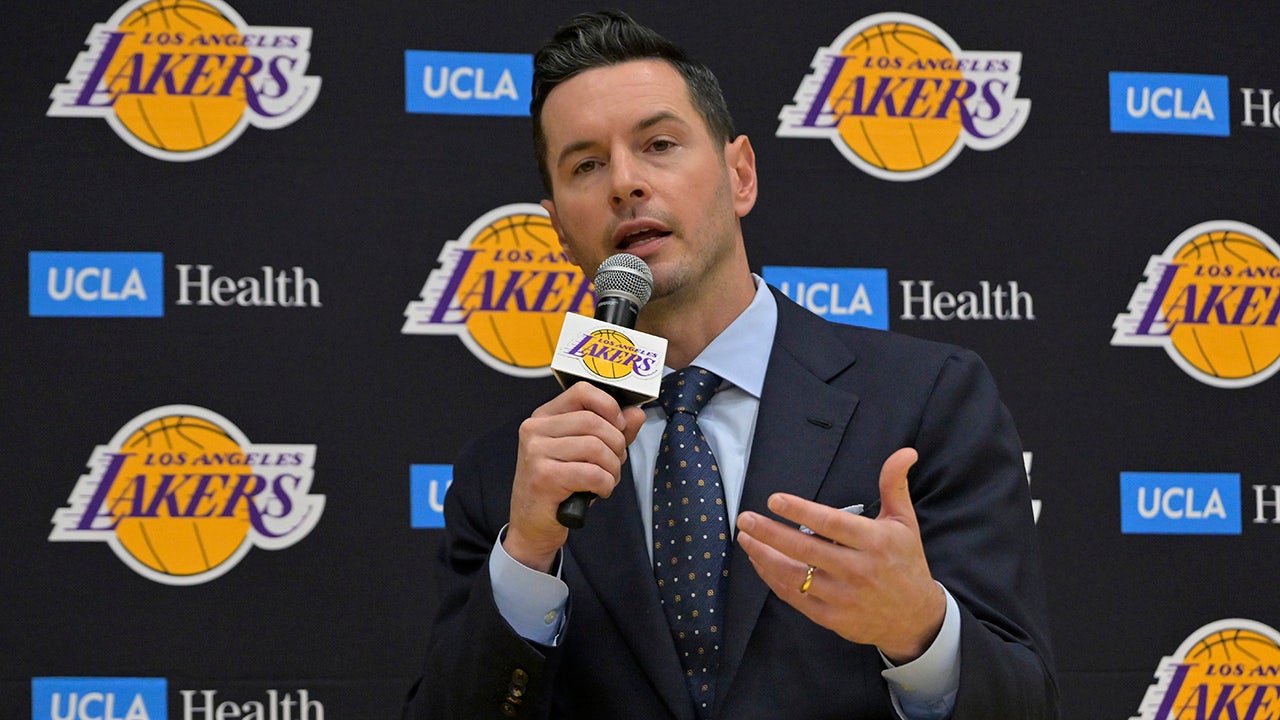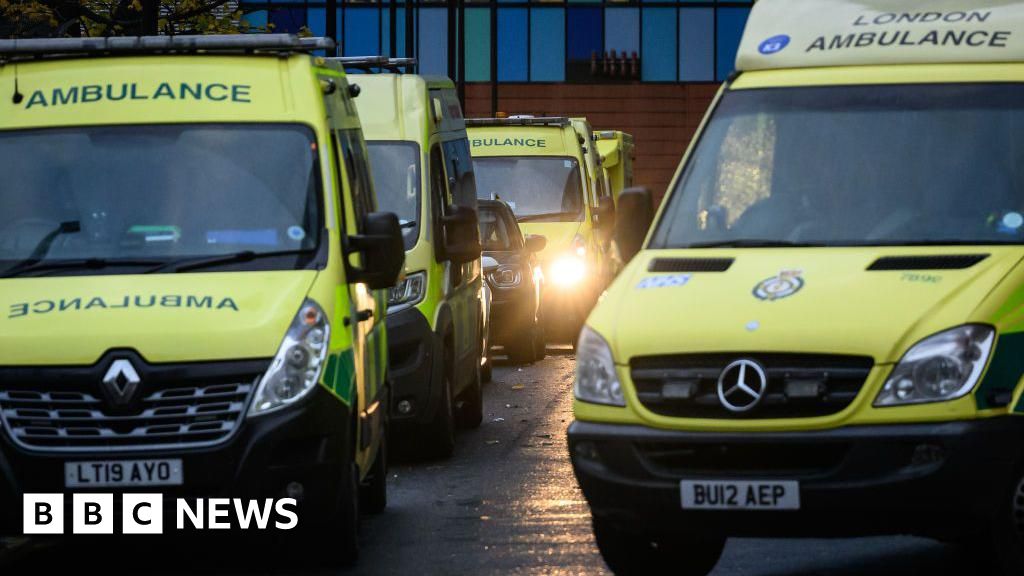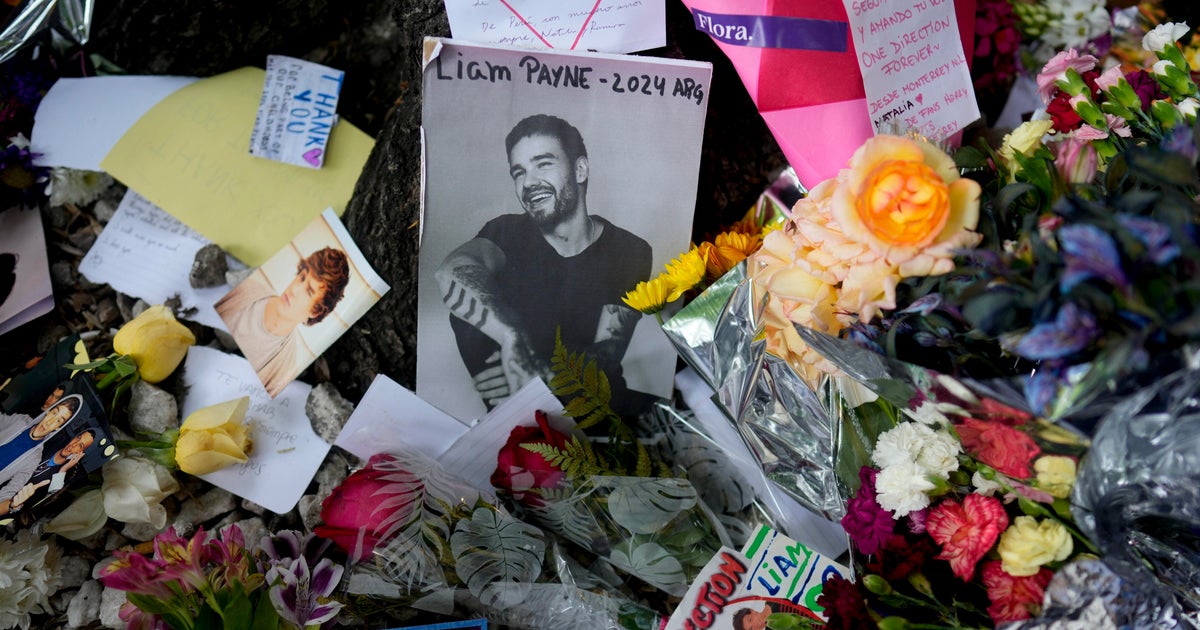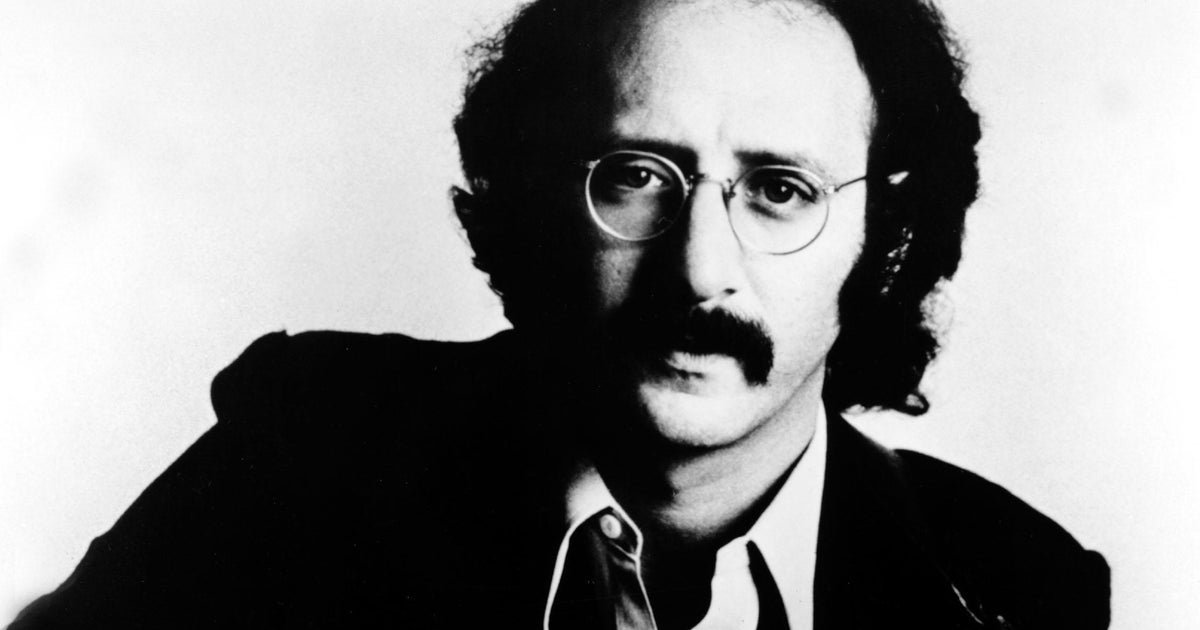India reacted with fury, calling the charge “absurd” and ordering Canada to reduce its diplomatic footprint. Officials here spent weeks seeking to avert this outcome, but those efforts failed. Forty-one Canadian diplomats and their dependents left India and 21 remained, Canadian officials said.
“A unilateral revocation of diplomatic privileges and immunities is contrary to international law,” Joly said at a news conference in Ottawa. “Threatening to do so is unreasonable and escalatory. If we allow the norm of diplomatic immunity to be broken, no diplomats anywhere … would be safe.”
She said India “unilaterally” threatened to revoke diplomatic immunity on Oct. 20 and had provided “no good reason” for doing so, adding that Canada would not reciprocate by issuing a similar ultimatum for Indian diplomats here.
A senior Canadian government official briefing reporters said that India had already begun taking steps to strip Canadian diplomats of their status and immunity. The official spoke on the condition of anonymity under rules established by the Canadian government.
The official said that India could have expelled the diplomats and declared them “persona non grata,” as is sometimes done during international disputes, but had instead taken a step without “provision in the relevant international covenants.”
India’s Ministry of External Affairs said Friday that its orders to Canada to downsize its diplomatic presence were fully consistent with the Vienna Convention, which governs diplomatic relations and norms.
“The state of our bilateral relations, the much higher number of Canadian diplomats in India, and their continued interference in our internal affairs warrant a parity in mutual diplomatic presence in New Delhi and Ottawa,” the Indian ministry said.
The dispute stems from the killing of Hardeep Singh Nijjar, a Canadian citizen who was shot in his pickup truck while leaving a gurdwara in Surrey, British Columbia, in June. Nijjar, 45, was a leader in the Khalistan movement, which aims to establish an independent Sikh state in India’s Punjab region.
The movement is outlawed in India, and security agencies there designated Nijjar a terrorist in 2020. They sought his extradition from Canada in 2022, the year they linked him to the slaying of a Hindu priest in Punjab. The NIA, India’s counterterrorism agency, published his home address in Surrey and announced a reward of 1 million rupees for information leading to his arrest.
Trudeau has not publicly provided evidence to substantiate his allegation, saying that he wants to avoid jeopardizing the investigation into Nijjar’s slaying. But part of the intelligence was generated by the Five Eyes intelligence-sharing alliance, and current and former U.S. officials said they consider the case credible.
Indian officials have long accused Canada of coddling Sikh extremists. Canada denies those claims. Officials here have prevailed upon their Indian counterparts in public and in private to cooperate with the investigation into Nijjar’s killing, including in the weeks before Trudeau’s announcement.
After the declaration, Canada expelled an Indian diplomat who was the chief of the Canadian branch of India’s foreign intelligence service. India responded by expelling a Canadian diplomat and suspending the issuance of new visas for Canadians.
Trade talks between the two countries had previously been paused, and a planned trade mission to Mumbai this month was postponed indefinitely.
But the ultimatum issued by Prime Minister Narendra Modi’s government dealt a substantial new blow to Canada-India ties — already at their lowest level in years — and the fallout was certain to reverberate widely in both countries, hitting families, universities and businesses.
Almost 1 in 5 new immigrants to Canada was born in India, Statistics Canada reported last year, the highest proportion of immigrants from a single place of birth since 1971.
Marc Miller, Canada’s immigration minister, said India was the top country in 2022 for permanent residents, temporary foreign workers and international students in Canada.
Officials here said in-person services at Canada’s consulates in Mumbai, Bangalore and Chandigarh would be suspended, and that the High Commission in New Delhi would be operating with one-third of its staff.
“Later processing and slower services are expected for applications from India,” Miller told reporters in Ottawa. “Clients might see that their applications take longer to process and that their questions take longer to answer. It will take longer to see a visa in their passports.”
Trudeau’s allegation came at a tricky time for allies, including the United States, which have been courting India as a counterweight to China.
The State Department said it was “concerned” by the departure of the diplomats and that it expects India to “uphold its obligations under the 1961 Vienna Convention on Diplomatic Relations, including with respect to privileges and immunities enjoyed by accredited members of Canada’s diplomatic mission.”
“Resolving differences requires diplomats on the ground,” State Department spokesman Matthew Miller said in a statement Friday. “We have urged the Indian government not to insist upon a reduction in Canada’s diplomatic presence and to cooperate in the ongoing Canadian investigation.”
Canadian authorities have said they are searching for three suspects in Nijjar’s killing who fled in a silver 2008 Toyota Camry. A gurdwara security camera video of the slaying viewed by The Washington Post showed that the plot to kill him involved several more men and two vehicles.
Gerry Shih in New Delhi contributed to this report.










